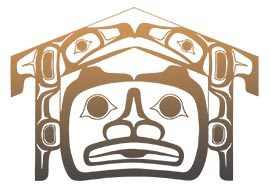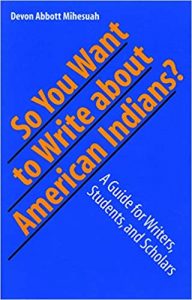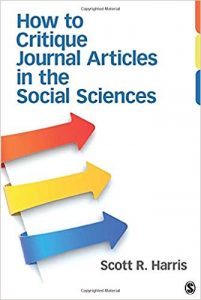 The end of term is here! As you are finishing up term papers, getting ready for presentations, and studying for final exams, the librarians have rounded up some things to push your assignments to the finish line. If you need help finding a copy of one of these resources, or need help finding other resources, come visit us from 11-3 Monday through Friday for reference help. Whether you’re searching for political science, natural resources, education, or something else, we love searching for you! Check out the linked resources below.
The end of term is here! As you are finishing up term papers, getting ready for presentations, and studying for final exams, the librarians have rounded up some things to push your assignments to the finish line. If you need help finding a copy of one of these resources, or need help finding other resources, come visit us from 11-3 Monday through Friday for reference help. Whether you’re searching for political science, natural resources, education, or something else, we love searching for you! Check out the linked resources below.
So You Want to Write About American Indians?: a Guide for Writers, Students, and Scholars by Devon Abbott Mihesuah gives an overview of both fiction and nonfiction books written about Indigenous people, and looks at challenges–many from the author’s own experience–that writers should be aware of when writing about this topic. Especially great for creative writing and English classes.
How to Critique Journal Articles in the Social Sciences by Scott R. Harris provides concise step by step tips and suggestions to reading articles written in the social science discipline, and how to spot strengths and weaknesses in research articles. A helpful read for learning to skim research articles and for suggestions on how to write up your own.
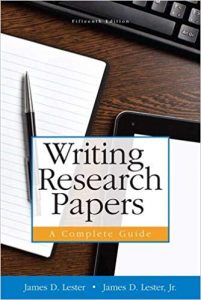
Writing Research Papers: a Complete Guide by James D. Lester & James D. Lester, Jr. is a traditional and practical book that will take you from selecting and narrowing down a research topic to formulating data to formatting your final paper. It covers a wide array of discipline and research writing styles.
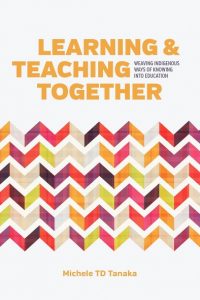
Learning and Teaching Together: Weaving Indigenous Ways of Knowing Into Education by Michele T.D. Tanaka introduces teachers to an indigenist approach to education. Rather than focusing of theory and discussion, this book looks at how a group of settler teachers were able to respectfully implement Indigenous knowledge into their classrooms.
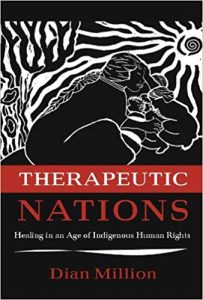
Therapeutic Nations: Healing in an Age of Indigenous Human Rights by Dian Million is an easy to read and understand book analyzing the way that trauma plays into the history of Indigenous peoples in North America.
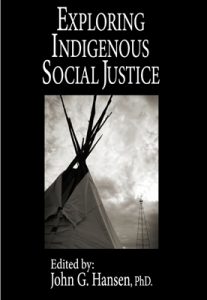
Exploring Indigenous Social Justice edited by John G. Hansen, Ph. D is sixteen chapters by nineteen different expert authors on the what, where, and how in Indigenous social justice principles and practices. This book looks at social justice issues through methodology, education, resiliency, and from an international lens.
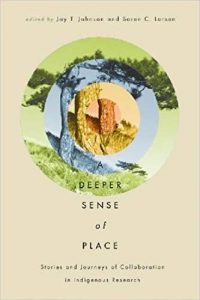
A Deeper Sense of Place: Stories and Journeys of Indigenous-Academic Collaboration by Jay T. Johnson and Soren C. Larsen looks at the ethical, political, intellectual, and practical meanings of collaboration with Indigenous peoples through a geographical lens of place. Also available online.
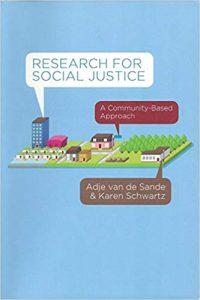
Research for Social Justice: A Community-Based Approach by Adje van de Sande & Karen Schwartz is written for students who are interested in exploring community based approaches in their research and their papers, with chapters on beginning research to how to write and present your report.
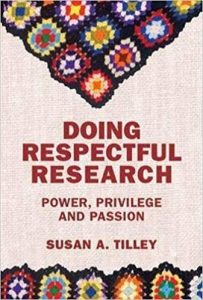
Doing Respectful Research: Power, Privilege and Passion by Susan A. Tilley focuses on the role power, privilege and passion play into the decisions of what gets researched, who is positioned as a researcher or a participant and how data are collected, analyzed represented and publicized.
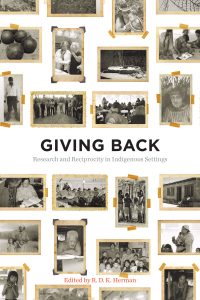
Giving Back: Research and Reciprocity in Indigenous Settings edited by RDK Herman addresses the need for reciprocity in the research process.
